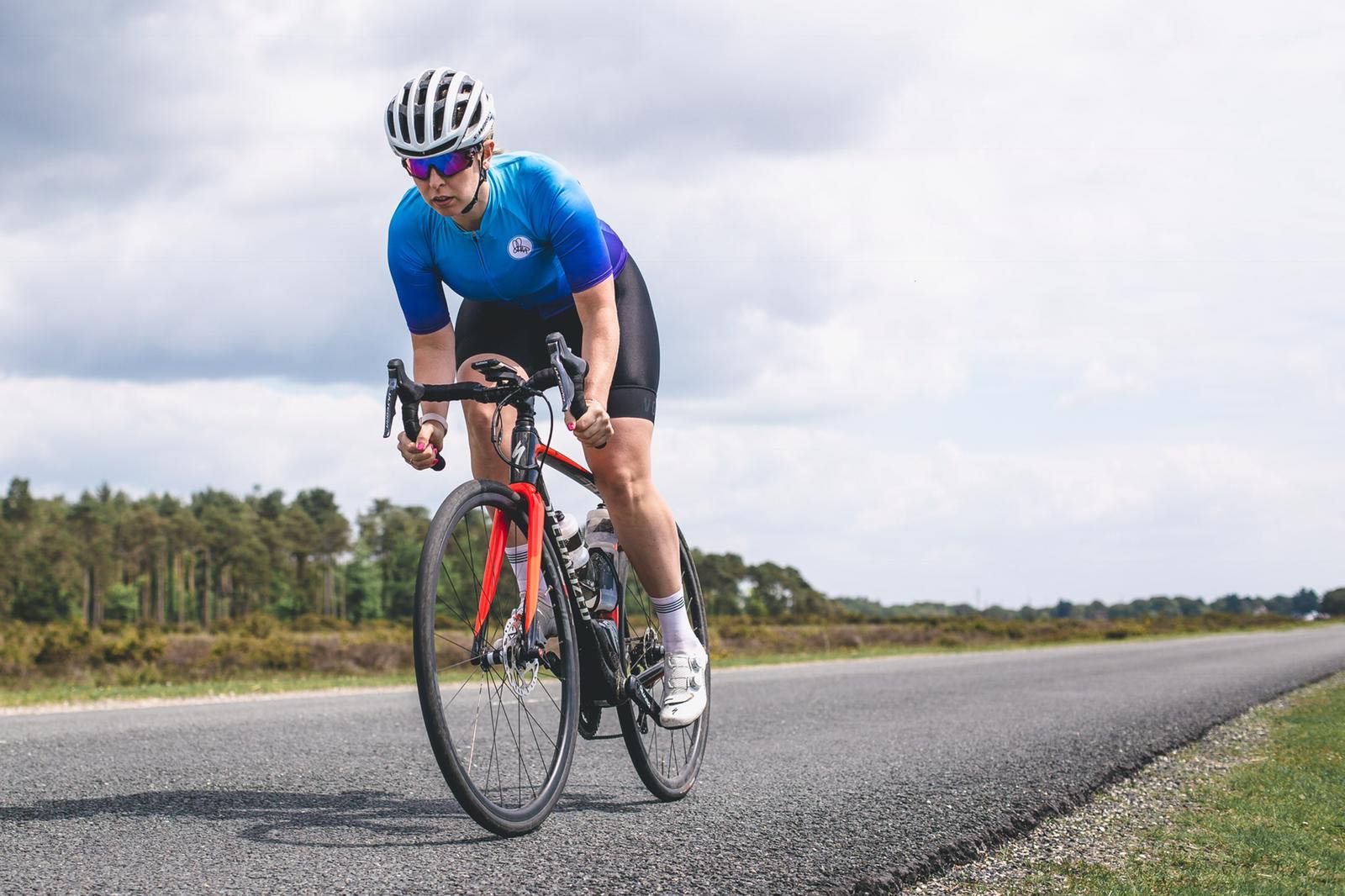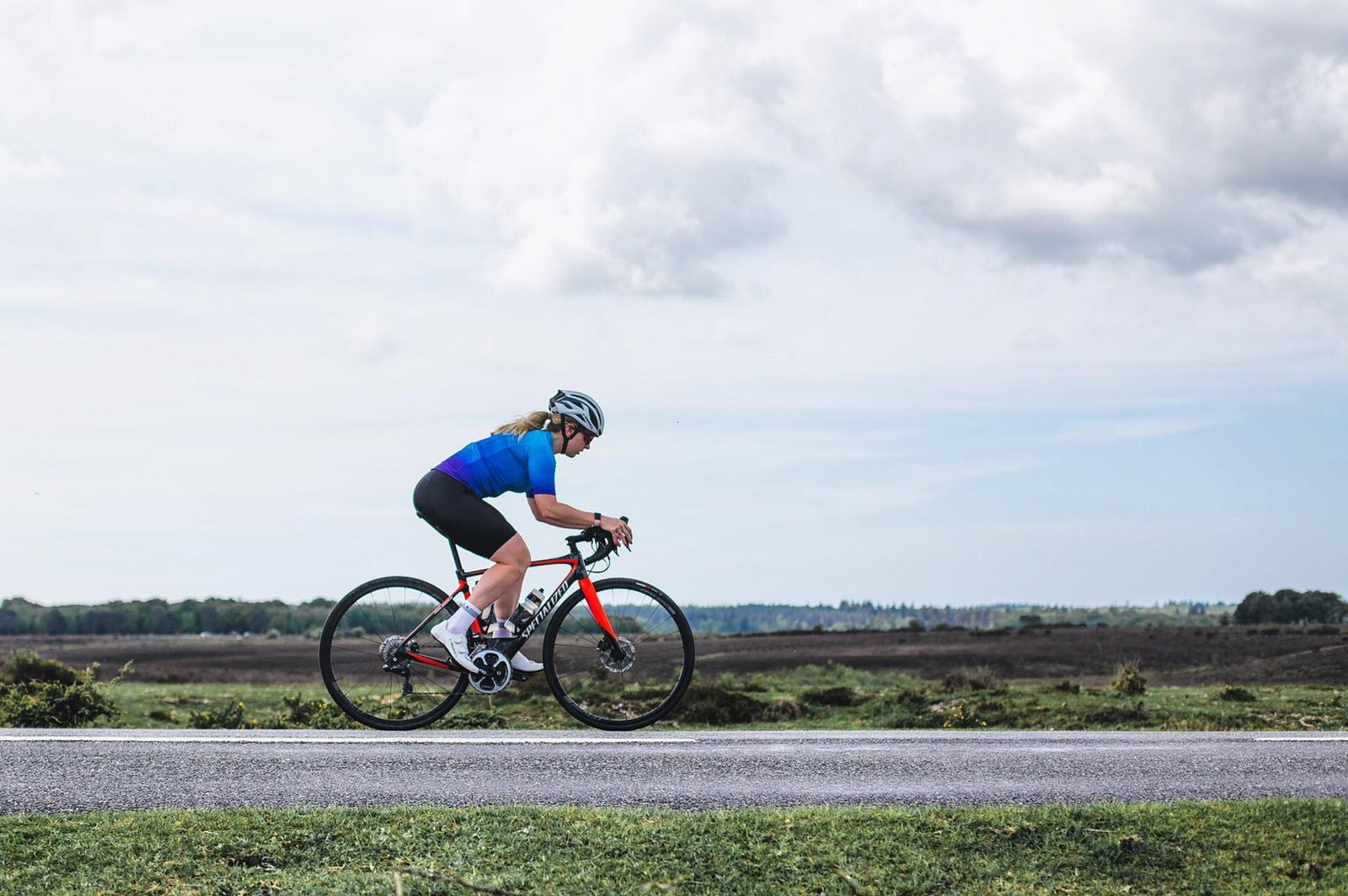This year has not been my year. I’ve had multiple health issues, and just when I was getting back into the swing of things I came off my bike while riding through a ford. I was lucky and did not break anything but I was left with whiplash and a concussion.
When the weather is beautiful it is hard to sit back and watch as friends go off on bike adventures without some degree of FOMO.
As sports psychologist Justin Ross, MD, of Denver-based MindBodyHealth notes “Injury equates to a lack of ability to experience life as we want.” It is easy to overlook the psychological impact that injury and recovery can have, but I’m sure most of us can relate to the roller coaster of emotions including anger, frustration, and anxiety while ‘waiting’ to get back out on the bike. I for one am guilty of fixating on my fitness score drop in training peaks.

In addition, for many athletes sport provides a sense of identity. “Losing this identity can have the single greatest impact on overall well-being when injured,” says Ross. “This can be dangerous because the athlete might try to train through the injury.”
Personally, this year I have struggled with feeling a loss of purpose while being unable to train or pursue goals. This has very much lead to a sense of hopelessness, which is when I started looking into ways to deal with the frustration of being injured.
Ultimately when facing injury there will be a struggle between the mind and body, between recovery and the desire to maintain your identity by continuing to train. This is totally normal and nearly every athlete I know that has faced injury has had to battle through this.
I am lucky to have a really supportive network around me, including my coach Dean Downing. He has told me countless times to listen to and respect my body. He has helped me to understand that being injured does not negate my identity as an athlete. But most importantly fitness can always be restored, as long as you recover properly first!
Trust me I know this is easier said than done, but when you are injured you need to let the training plan go and focus on recovery.
Shifting my focus and thinking of recovery in terms of its own sort of training plan has helped me to start celebrating improvements and progress. It a bit like hill reps over time you become stronger and faster, but it won’t happen overnight!

